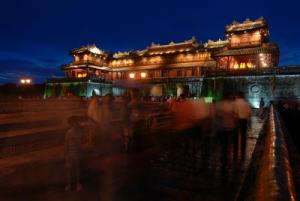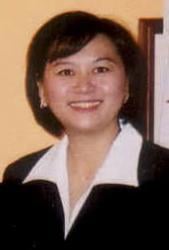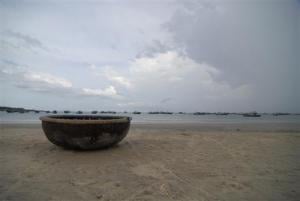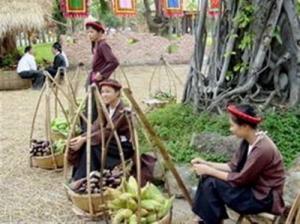Thousands Gathered for 2012 Hung Kings Festival
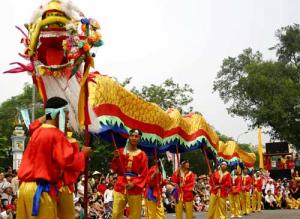
The Hung Kings Temple festival, known to be one of the biggest festivals in Vietnam, is celebrated annually through a palanquin procession and a series of cultural and spiritual activities. This year, the festival centered in the Hung Temple area of the northern Phu Tho Province on March 29. The event commenced from 9 to 11am and was attended by local authorities, diplomatic delegations, UNESCO representatives and thousands of locals and tourists.
Since 2007, the festival has become a National holiday intended to commemorate the Hung Kings who had the merit of founding the country. The Hung kings once ruled the Van Lang (early name of Viet Nam) State. The legend speaks of the eldest son, among 100, of the dragon lord Lac Long Quan and the mountain fairy Au Co. He came to power in 2897 BC, known as Hung Vuong and ruled an area covering what is now North Viet Nam and part of southern China. He founded the Hong Bang dynasty, whose members ruled Viet Nam until 258 BC.
As with the previous years, the palanquin procession becomes among the major attractions. These human- powered transports are popular means of travel for royal and nobles in the olden times. They were carried from surrounding communes to the temples located on Nghia Linh Mountain.
Xoan artists from local An Thai Village entertained the pilgrims with impressive performances. A book based on the worship of the Hung kings will be made available in Vietnamese, English and French as a gift to domestic and foreign guests. The traditional trade fair was also put up alongside other activities like banh chung (square sticky rice cake) and banh day (round sticky rice cake) making, and folk singing contests.
A worship ceremony was organized. It was to commemorate Lac Long Quan and Au Co, believed to be the father and mother of Vietnamese people. The festival lasted until Saturday.
A workshop on Hung kings worship was held on Monday with the aim of gaining UNESCO recognition as an intangible cultural heritage. Historian Le Van Lan said the worshipping of Hung kings has greatly changed from its original customs as years went by. He observed that many people these days appeared to read Buddhist teachings alongside worshipping the kings. He expressed his concerns for the mingling of beliefs.
He wishes to address this by helping people understand the nature and meaning of Hung kings worship and in distinguishing it from other religious practices.





